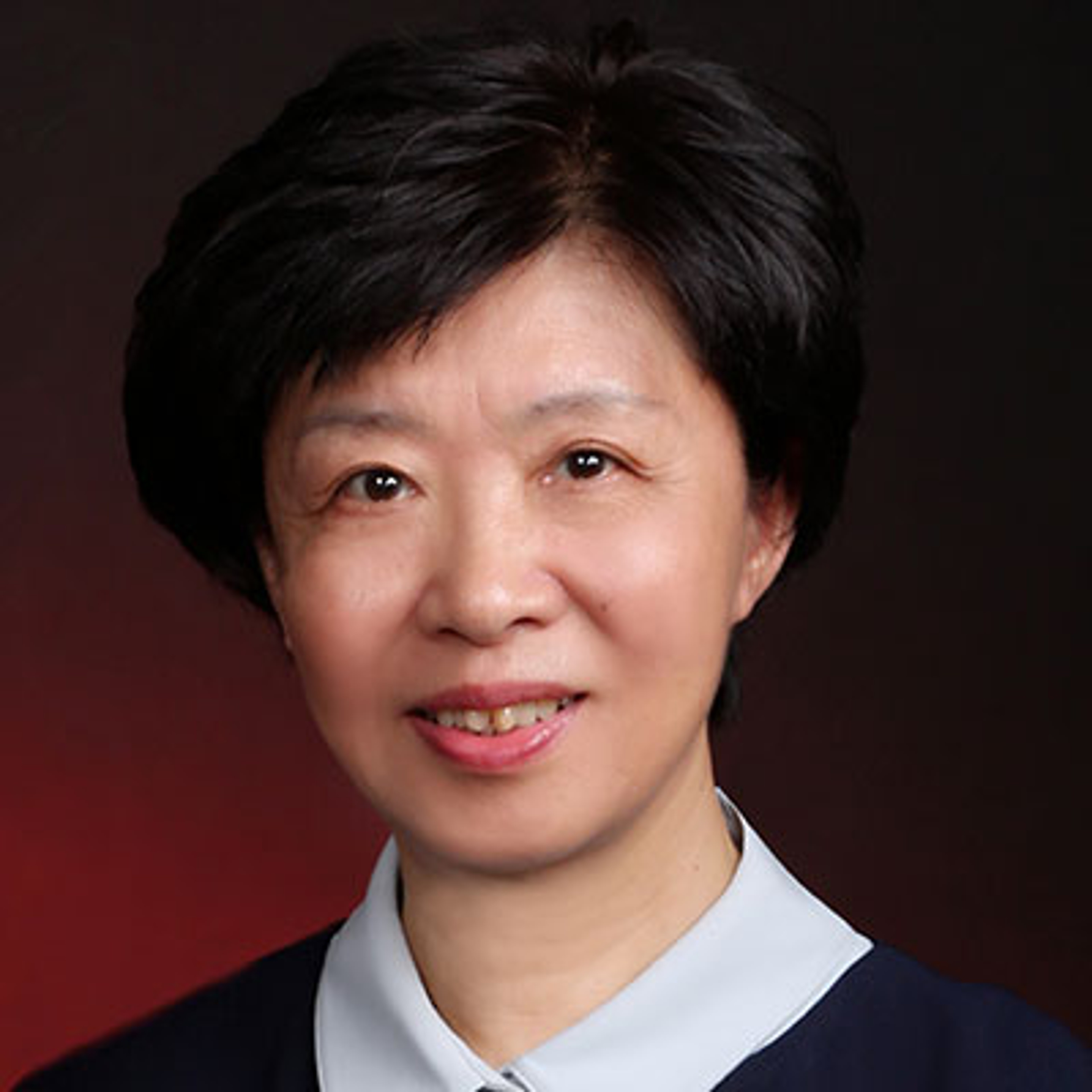Xiaoli Liu

Xiaoli Liu is Professor of Department of Philosophy at Renmin University of China. She also is Director of the Chinese Society of Philosophy of Science Leader. Liu received her Ph.D. from Peking University and was a senior visiting scholar in Harvard University.
She is mainly engaged in research on philosophy of mathematics, philosophy of science and philosophy of cognitive science. Her main works are “Life of Reason: A Study of Gödel’s Thought”, “Challenges of Cognitive Science to Contemporary Philosophy”, “Philosophical Issues in the Frontiers of Cognitive Science”. She edited “Symphony of Mind and Machine” and series of books “Mind and Cognition”.
Liu has been actively promoting interdisciplinary exchanges between humanities scholars and scientists in Chinese academia. In 2003, she co-founded the “Mind and Machine workshop” with other scholars, which has held 18 consecutive annual meetings. Since 2007, she has presided over a total of 100 sessions of the ” Forum of Science-Society-Humanities” at Renmin University of China. She is currently presiding over the ” Mingde Forum of Philosophy and Cognitive Science ” at Renmin University of China.
As a Berggruen China Center Fellow, Liu will communicate and cooperate with scholars in the fields of psychology, neuroscience, artificial intelligence and art to study the philosophical issues of embodied cognition: emotions and feelings, self and subjectivity, perception and action.
刘晓力
中国人民大学哲学院教授
中国科学哲学学专业委员会主任
中国人民大学哲学与认知科学跨学科平台负责人及首席专家。
刘晓力获北京大学哲学博士学位、曾作为高级访问学者访问哈佛大学,主要从事数学哲学、科学哲学和认知科学哲学研究。她的主要著作包括:《理性的生命:哥德尔思想研究》、《认知科学对当代哲学的挑战》、《认知科学前沿中的哲学问题》、主编《心灵与机器交响曲》和《心灵与认知》丛书等。
刘晓力多年来积极推动中国学术界人文学者与科学家的跨学科学术交流。2003年,她与其他学者共同创办了“心灵与机器研讨会”,并连续举办了18届年会、2007年以来主持中国人民大学“科学-社会-人文论坛” 共100期、目前正在主持中国人民大学“哲学与认知科学明德讲坛”。
作为中国中心的博古睿学者,刘晓力将与心理学、神经科学、人工智能界和艺术领域学者交流合作,研究如下具身认知的哲学问题:情感与感受、自我与主体性、感知与行动

